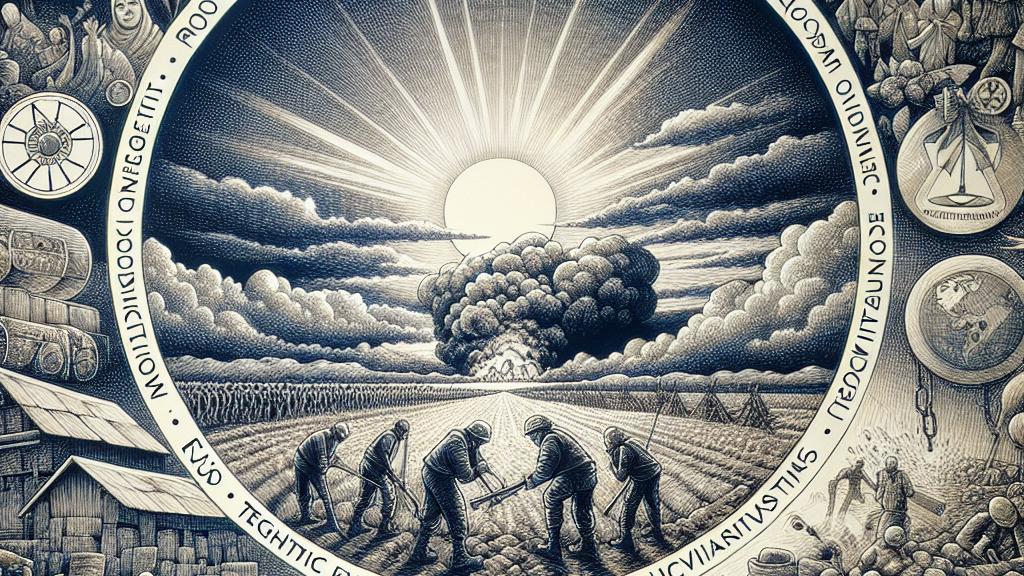Call for International Support for Afghanistan's Reconstruction
Overview
- The Taliban urgently appeals for global assistance to rejuvenate Afghanistan's war-torn infrastructure and economy.
- International conversations reveal a pressing need for multifaceted economic and technical support.
- The complex debate surrounding engagement or isolation of the Taliban impedes critical humanitarian efforts.

A Passionate Appeal from the Taliban
Last weekend, the Taliban made a striking appeal to the world, emphasizing the urgent necessity for international aid essential to breathe life back into Afghanistan. Senior diplomat Shir Mohammad Abbas Stanekzai passionately conveyed the message, painting a vivid picture of the destruction wrought by decades of conflict. He specifically called on the United Nations and NGOs, citing their imperative role in providing technical expertise, economic initiatives, and agricultural partnerships necessary for recovery. Stanekzai further evoked the memory of nations once actively involved in Afghanistan's military operations, asserting a 'moral obligation' rooted in the Doha Agreement. This agreement was not merely a political document; it signified a pivotal moment, transitioning from conflict to a hopeful recovery path—if only assistance could follow.
Navigating the Minefield of International Responses
As the international community stands at a crossroads, the challenge of how to engage with the Taliban cannot be overstated. Following the chaotic U.S. withdrawal, diplomats around the globe find themselves grappling with complex questions. In recent high-stakes discussions held in Doha, Qatar, diplomats from countries as diverse as the U.S., EU, China, and others convened to address pressing humanitarian issues, including crucial economic aid. Yet, despite the urgent pleas for support, tangible results remain frustratingly elusive. The tangled web of sanctions complicates these interactions, hindering the intended humanitarian assistance. It’s a tightrope walk: while the need for immediate aid looms large, the ethical implications of engaging with a government that has faced widespread criticism for its governance practices create uncomfortable tensions.
Weighing the Merits of Engagement vs. Isolation
The ongoing debate surrounding engagement and isolation is fraught with moral dilemmas and practical challenges. On one side, engagement with the Taliban could facilitate the much-needed flow of humanitarian aid, directly impacting the lives of countless Afghans yearning for support. Conversely, this could risk legitimizing a regime facing serious human rights scrutiny, particularly concerning the treatment of women and minority groups. The recent Doha dialogues showcased this dilemma, raising eyebrows as Afghan civil society leaders were notably absent from significant negotiations, which left critical discussions about women's rights and governance largely unaddressed. These conversations reveal the painful trade-offs that governments face: will they prioritize the humanitarian imperative and risk appearing to endorse Taliban policies, or will they uphold their ethical stance while many Afghans suffer from lack of aid? The path forward remains unclear, along with many Afghans’ hopes for a dignified and prosperous future.

Loading...